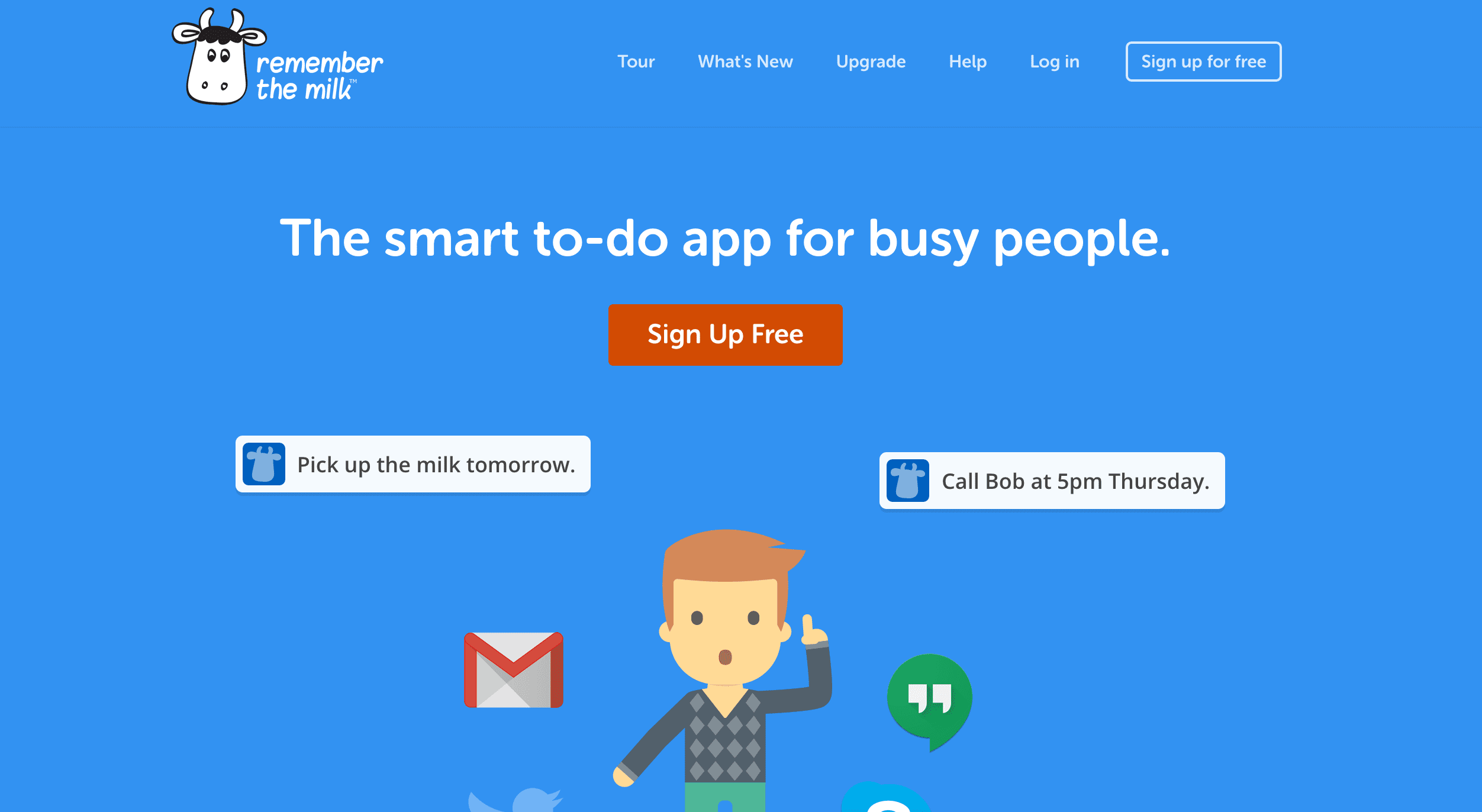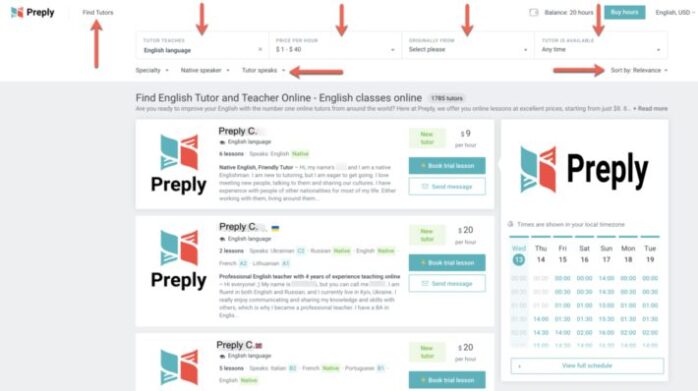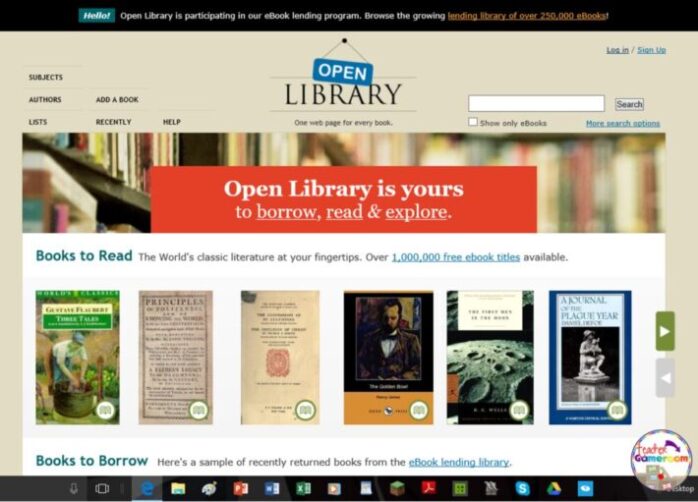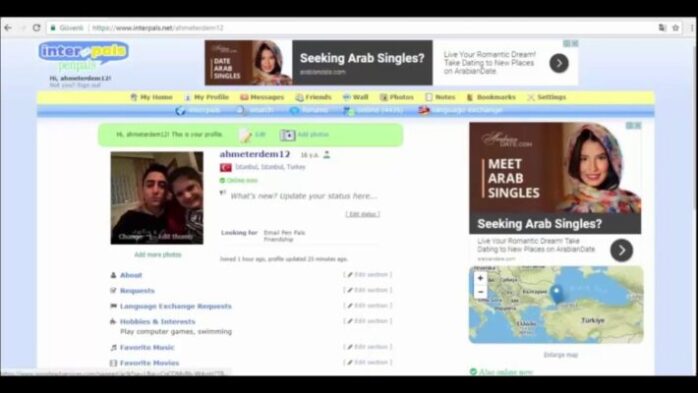
Homeschooling is one of the most popular and controversial educational methods. Even though the amount of home educated children is rising at around 8% each year, people still aren’t fully set on its effectiveness compared to the traditional style. Still, this modern approach has its own respective pros and cons, which are highly dependent on the way that it’s carried out.
Some of the most notable advantages are high flexibility, optimized pacing, and effective learning. Classes can be arranged at a time most suitable for the child – there are no limitations when it comes to the number of breaks, free time, or days off. Since there aren’t classrooms of 30 or more kids, the tutor is able to fully focus his/her efforts on the individual. This results in an optimized learning system as well as bigger educational freedom.
Unfortunately, home education is not cheap – the costs can go up to a couple of thousand dollars. Socialization can also present a problem since the child won’t have daily interaction with its peers through school. Fortunately, most of these problems can be counteracted with a few special tools. We presented you a couple of solutions in this article that we wrote in collaboration with Spokeo.
1. Remember the Milk/RescueTime

Time management can be the differentiating factor between a successful and botched home education. Remember the Milk is a free app that lets you neatly organize and plan the school day of your child. You’re able to create to-do lists along with their due dates, shareable across multiple devices.
For smaller children, complex tasks can be broken into bite-sized subproblems so that they can handle them easier. The app allows you to prioritize certain tasks over the others, which is viewable across all synced devices.
On the other hand, RescueTime helps you monitor your child’s daily habits. It runs in the background completely unobtrusively, and it can even block especially distracting websites or apps. You’re able to see real-time feedback at the end of the day so you can keep track of your child’s progress.
2. Duolingo/Busuu

It’s never too early to start learning a new language. In fact, the younger your child is, the easier it will grasp new concepts since the language center of the brain is still developing. Duolingo and Busuu are Android/iOS apps that start from the very basics and use progressively harder lessons to help new learners improve quickly.
While Duolingo takes a more playful and beginner-friendly approach, Busuu implements some AI techniques to provide more robust and extensive lessons. The former app has 35 different courses, while the latter one has 12. Whichever one you choose, your child is surely going to learn something new and useful.
3. Zoom

Visual communication is vital in education, and Zoom is a video conferencing app that provides just that. Whether it’s with a one-on-one tutor or a group of classmates, Zoom supports unlimited meetings for up to 100 different participants.
The dedicated “Meeting” tab contains a list of all scheduled classes, as well as the recordings of prior ones. Each recording has a transcript so your child can easily analyze any existing learning materials.
4. Preply

Finding an appropriate tutor is no easy task, but Preply aims to make it as easy as possible. Professional teachers around the world use this platform to provide lessons in different languages, from English to Hebrew. However, these tutors can be anyone, so it’s in your best interest to do a little digging before you leave your child in their hands.
Regardless of their identity, all tutors have to leave some form of contact upon registration. You can use this to your advantage and inspect them through Spokeo – an email search, reverse phone lookup tool. Since it’s interconnected with thousands of different databases around the world, Spokeo is able to uncover even the tiniest details about the person whose number or email you ran a search on. This includes their full name, court records, addresses, and other specifics. By using this simple utility, you can ensure the full safety of your child.
5. OpenLibrary

Books are an oasis of knowledge, as well as a required addition to your child’s education. Instead of spending even more money on physical copies, Openlibrary has over 1.4 million digital copies of some of the most popular written works.
Registration is completely free, after which the available books can be “borrowed” in either PDF or EPUB formats for a specified amount of time. All of them can be read directly from the web browser.
6. Interpals

Interpals is a website containing a vast amount of people from all around the world with one single goal – to make new friends. If your child is someone who likes to socialize, this is the perfect platform for it. You can filter by language in order to find people from specific countries if you wish to do so. Of course, it’s always better to first speak with the person yourself to confirm that they have no malicious intentions.
Still, it’s one of the best ways for your child to make friends, even if they’re miles away from each other.











